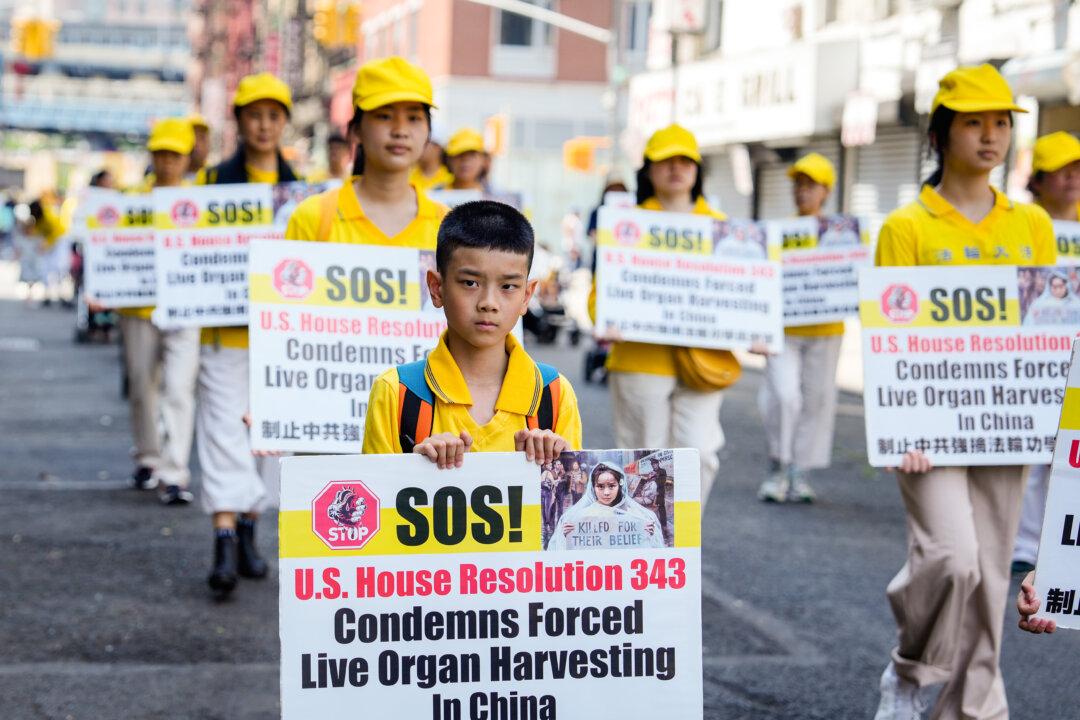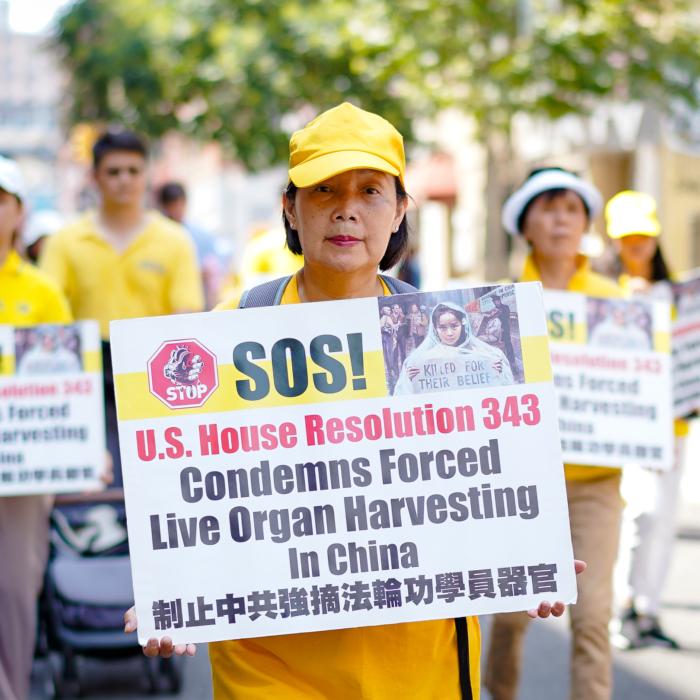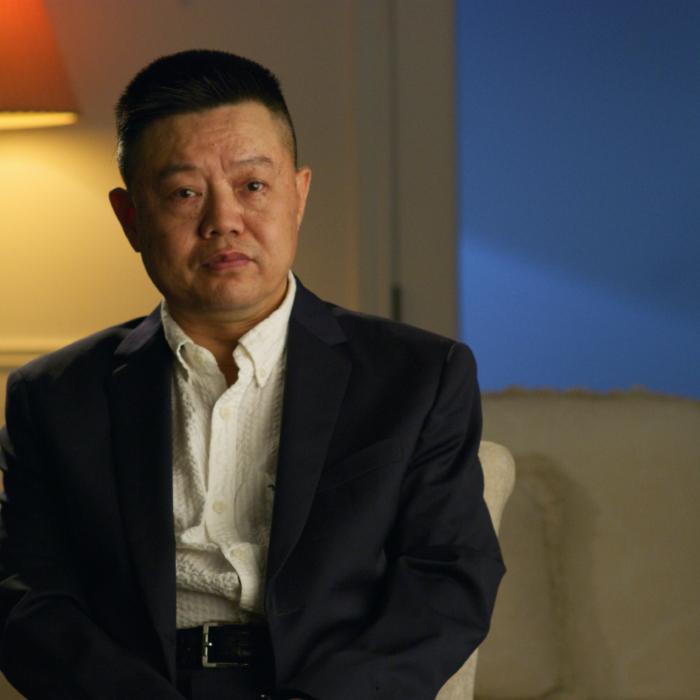Nongovernmental groups called on the United Nations to urge the South Korean government to end its complicity in forced organ harvesting in China.
“South Korea, known as a major consumer of transplant tourism to China, has not taken sufficient steps to monitor and discourage this practice, despite being aware of the circumstances surrounding forced organ harvesting—a grievous and arbitrary deprivation of human lives,” two nonprofits said in a statement on Sept. 13.
The two groups—the Korea Association for Ethical Organ Transplants (KAEOT) and Doctors Against Forced Organ Harvesting (DAFOH)—raised concerns about the Korean government’s involvement in the organ transplant abuse, in a report submitted to the U.N. Human Rights Committee. A session of the global body is scheduled to take place in Geneva next month.
Kim Hwangho, director of KAEOT, said the report not only impacts the Korean government, but also helps to address forced organ harvesting in China, given that the multibillion-dollar business has been fueled by transplant tourists worldwide.
Crimes Against Humanity
The organ transplant industry in China has experienced exceptional growth since the early 2000s, despite the fact that voluntary organ donation is minimal in the country. Chinese hospitals have been documented as offering matching organs in just a few days, something unheard of in any country relying on a voluntary system.The network’s reporters, posing as relatives of a patient with kidney disease, inquired about transplant surgery at a hospital in Tianjin, a coastal Chinese city. With a hidden camera, they filmed conversations with the hospital’s staff, who informed them that the regular waiting time for a matching organ ranged from seven to 50 days. However, a nurse said the patient could get a kidney in two days if they wished to pay an extra $10,000.
The reporters also interviewed Korean patients who had undergone transplant surgeries in that hospital. One woman said she waited eight weeks for a matched organ. Her son told reporters that the organ arrived at the hospital about two hours after the procurement.
Researchers reviewed papers published from 2000 to 2015 and identified 6,002 patients who traveled to foreign countries for organs from 1971 to 2013. Nearly 45 percent (2,700) of those patients went to China to seek life-saving operations.
Notably, there was no official organ donation and distribution system in China until 2015. Generally, Chinese people are reluctant to donate their organs because of traditional beliefs that hold that the body is a gift from one’s parents and that it should be left untouched after death.
However, the number of death row executions couldn’t explain the high number of transplants conducted in the country.
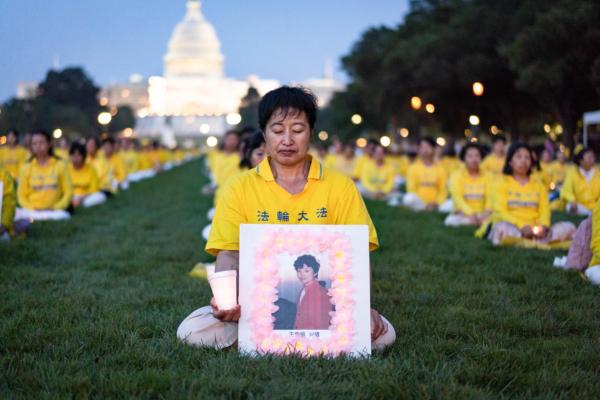
‘Passive Complicity’
This year, Chinese officials renewed a call to strengthen “organ donation and transplant cooperation” through the Belt and Road Initiative, drawing criticism from human rights groups in Taiwan, Japan, and South Korea.The local government in Busan, the second-largest city in South Korea, was involved in promoting the controversial scheme, according to the KAEOT–DAFOH report. In 2022, Busan authorities co-hosted the first Asian Organ Donation International Symposium, during which participants discussed cross-border organ delivery or patient transport through the sharing network.
“Such actions risk inadvertently assisting China’s Forced Organ Harvesting and putting South Koreans in danger of inadvertently participating in the heinous crime,” the report reads.
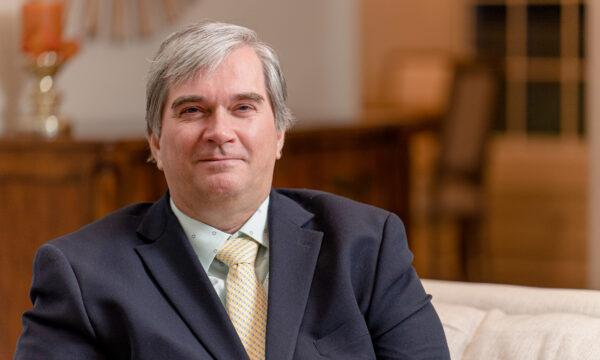
Dr. Torsten Trey, co-founder and executive director of DAFOH, said that the report illustrates the way in which “countries in the free world are complicit in China’s forced organ harvesting.”
“Not by willingly supporting it, but by passively allowing it to occur,” he told The Epoch Times.
If nations could commit to adhering to the existing law, Dr. Trey said, they could step out of the “passive complicity.”
“It’s not inevitable; it’s by choice. It’s not too late to sever ties with the CCP’s crimes against humanity,” he said.
“But if the choice is not made, then the complicity will increase.”
